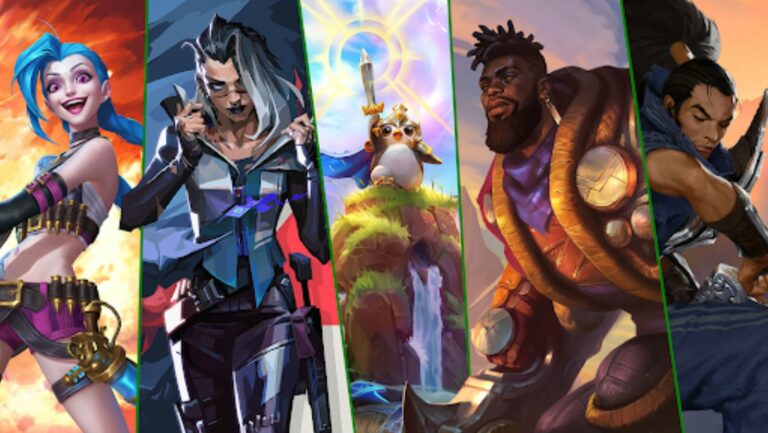In the modern world, esports are rapidly expanding, attracting millions of fans worldwide. Alongside this growth, there is an increasing popularity of betting on esports among leading bookmakers, such as شركة Melbet or other platforms. However, in recent years, the industry has faced serious challenges, such as decreased investments and the closure of some organizations. In this context, Riot Games, the popular game League of Legends developer, has introduced a new business model for professional esports teams to ensure long-term stability and growth.
The essence of the proposal: a partnership model inspired by the success of the Valorant Champions Tour (VCT), which provides fixed stipends for teams, a share of revenues from digital content sales, and the opportunity to earn from sponsorship deals. This model is intended to replace the existing system, where sponsorship was the main source of income for teams, making them vulnerable to economic fluctuations.
Key aspects of the new business model
One of Riot Games’ main proposals is the introduction of the Global Revenue Pool (GRP), which consolidates digital revenues from League of Legends esports and distributes them among teams across three categories.
The first category comprises general shares, which account for 50% of GRP and are evenly distributed among top-division teams. The second category comprises competitive shares (35% of GRP), distributed based on teams’ performance in regional leagues and international tournaments. Finally, fan shares (15% of GRP) reward teams for building a strong fan base around their players, leagues, and brands.
In addition to GRP, Riot Games will increase the standard share of esports revenues received by teams and expand the range of digital content related to League of Legends Esports. The company stated that it would share 50% of other direct revenues, such as sponsorships and media rights, once Riot compensates for its annual esports investments.
Overcoming industry challenges
John Needham, President of Riot Games’ esports division, acknowledged that the industry has faced several challenges recently, including excessive dependence on sponsorship revenues, economic slowdown after the COVID-19 pandemic, and the need to reduce jobs. However, he expressed confidence that the new business model will help overcome these challenges and ensure the long-term sustainability of esports.
“We believe that the inevitable decline of esports is overstated. Our community is more engaged in sports than ever. The 2023 season and the start of 2024 have been milestones that inspire such confidence in the future,” Needham said. He noted that despite the successes of 2023, the company had to make the difficult decision to reduce 11% of its staff in January.
Nevertheless, Needham expressed optimism about the economy’s recovery and the growth of sponsorship opportunities in recent months. He emphasized that Riot Games’ commitment to providing unforgettable gaming experiences is unwavering, and its investments in esports will remain unparalleled in the industry.
Future prospects
Riot Games’ new business model represents a comprehensive approach to addressing the esports industry’s challenges. On the one hand, it provides more stable and predictable sources of income for teams, reducing their dependence on sponsorship. On the other hand, it creates opportunities for growth by increasing digital content and rewarding teams for developing fan bases.
This model also allows Riot Games to control key aspects of the League of Legends esports ecosystem, including revenue distribution and rule-making. This could help ensure the industry’s long-term stability and sustainability, which is one of the company’s main goals.
In the coming years, Riot Games is expected to collaborate closely with teams to implement and refine the new business model. The company also intends to continue investing in esports development, creating new opportunities for players, teams, and fans. Despite recent difficulties, the future of esports looks promising thanks to innovative solutions like Riot Games’ proposal.





